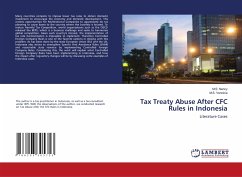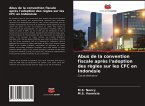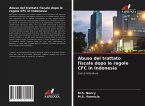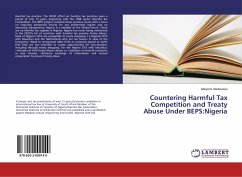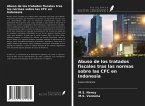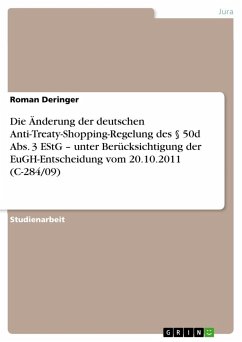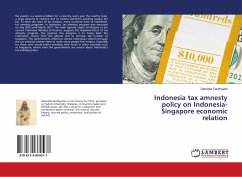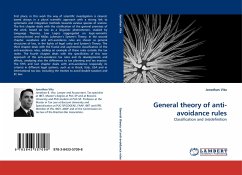Many countries compete to impose lower tax rates to obtain domestic investment to encourage the economy and domestic development. This creates opportunities for Multinational Companies to aggressively do tax planning to cause losses to the country where the business is located. To reduce Harmful Tax Competition, world organizations such as the OECD released the BEPS, which is a business challenge and seeks to harmonize global competition. Given each country's interest, the implementation of tax rate harmonization is impossible to implement. Therefore Controlled Foreign Company Rules is one of the favorite options in dealing with this problem. As has been done by the state European Union (EU) and the UK, Indonesia also strives to strengthen Specific Anti Avoidance Rules (SAAR) and reasonable state revenue by implementing Controlled Foreign Company Rules. Considering this, the work will explain what Controlled Foreign Company Rules have been implementing in Indonesia, and how the impact after regulatory changes will be by discussing some examples of Indonesia cases.
Bitte wählen Sie Ihr Anliegen aus.
Rechnungen
Retourenschein anfordern
Bestellstatus
Storno

